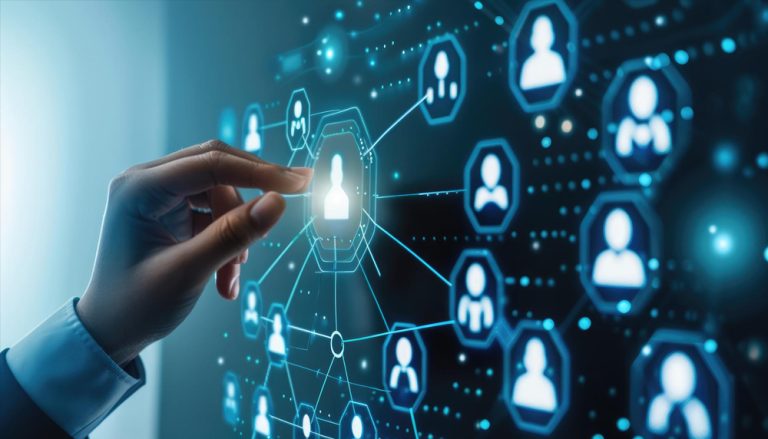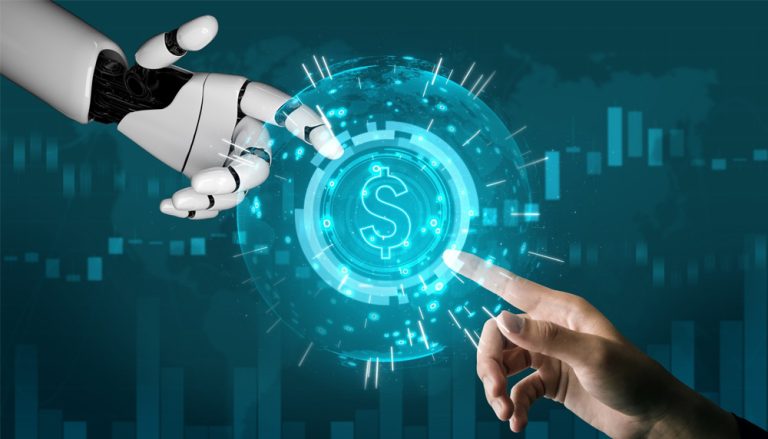
Last updated on August 21, 2024
Leveraging AI and Machine Learning in App Modernization
Organizations must innovate to stay competitive. Legacy systems pose challenges due to outdated architectures and inability to meet modern user demands. App modernization, the process of updating legacy systems, is crucial for enhancing agility, efficiency, and scalability. Integrating AI and ML into the modernization process can accelerate and optimize this transformation.
The Evolution of App Modernization
App modernization has evolved beyond simple rehosting and re-platforming. Strategies now involve rearchitecting, rebuilding, and replacing legacy applications to unlock their full potential. The goal is to make them more adaptable, scalable, and capable of meeting current and future business needs. Modernization efforts traditionally focused on updating infrastructure, improving performance, and enhancing user interfaces. However, advancements in AI and ML have introduced new possibilities for app modernization.
The Role of AI and ML in App Modernization
AI and ML are reshaping app modernization by enabling organizations to automate complex processes, gain deeper insights from data, and enhance decision-making capabilities. Here’s how these technologies are driving the next wave of app modernization:
Automating Code Refactoring and Optimization
AI-powered tools can streamline app modernization by automating code refactoring. These tools analyse codebases, identify optimization opportunities, and automatically refactor code, reducing manual effort. Machine learning algorithms learn from past refactoring to enhance the process over time.
Enhancing Predictive Maintenance and Performance Tuning
Legacy applications can suffer from performance issues that are difficult to diagnose and fix. AI and ML can analyse historical data to identify patterns and predict problems before they occur. Predictive analytics allow organizations to proactively address performance challenges, optimize resources, and ensure modernized applications run smoothly under varying workloads.
Enabling Intelligent Automation
AI and ML enable modern applications to automate routine tasks like data entry, content generation, and user interactions. This improves efficiency and enhances the user experience by delivering personalized, context-aware services.
Facilitating Data Migration and Integration
AI and ML can simplify data migration for app modernization by automating data mapping, transformation, and validation. Machine learning algorithms can learn from historical data to ensure accurate, secure, and efficient data migration. AI can also facilitate integrating modernized apps with other systems by automatically generating APIs and ensuring seamless data exchange.
Enhancing Security and Compliance
Security is crucial when modernizing applications, especially with sensitive data. AI and ML can enhance security by identifying vulnerabilities, detecting anomalies, and predicting threats. ML models continuously learn to improve threat detection and response. AI can also automate compliance audits and generate detailed reports.
Optimizing User Experience through Personalization
AI and ML allow organizations to analyse user data and deliver personalized experiences. This personalization can enhance user satisfaction and engagement, making modernized applications more appealing.
Driving Continuous Improvement through AIOps
AIOps uses AI and ML to automate and enhance IT operations. In app modernization, AIOps can monitor and optimize performance in real-time. By analysing operational data, AIOps platforms identify patterns, predict issues, and recommend actions to improve application performance, availability, and reliability.
Challenges and Considerations
While the benefits of leveraging AI and ML in app modernization are substantial, organizations must also be mindful of the challenges and considerations associated with these technologies:
Data Quality and Availability
The effectiveness of AI and ML depends on data quality and availability. Organizations must access accurate, relevant, and timely data to train models and gain insights. Data governance practices, such as cleaning, validation, and integration, are essential for overcoming data-related challenges.
Skill Gaps and Expertise
Modernizing apps with AI and ML requires specialized skills that organizations may lack. Upskilling the workforce or partnering with experts is often necessary. A deep understanding of both legacy systems and modern AI/ML is crucial for effective modernization.
Ethical and Compliance Considerations
Implementing AI and ML raises ethical concerns regarding bias, transparency, and accountability. Organizations must ensure AI modernization efforts are fair, transparent, and compliant. This requires robust governance, regular audits, and addressing potential biases in AI models.
Scalability and Integration
As organizations modernize applications, they must plan for AI and ML solutions to scale and integrate with existing systems. Ensuring seamless integration and scalability requires careful planning, testing, and validation to avoid disruptions and enable modernized applications to grow with the business.
The Future of App Modernization with AI and ML
AI and ML are transforming app modernization, unlocking new possibilities for enhancing performance, user experience, security, and scalability. As these technologies advance, they will enable innovations like self-healing apps, autonomous operations, and real-time optimization. Organizations that adopt AI and ML will be well-positioned to stay competitive, deliver customer value, and succeed in the digital world. For more information, please visit www.blancoinfotech.com.






